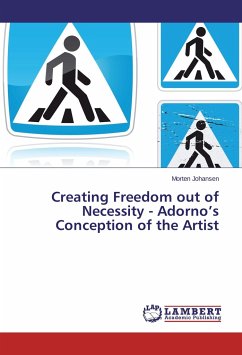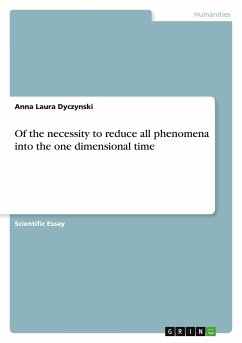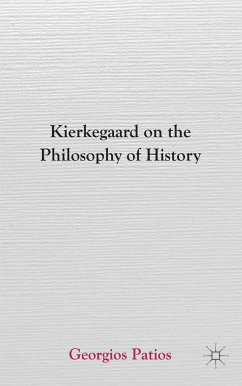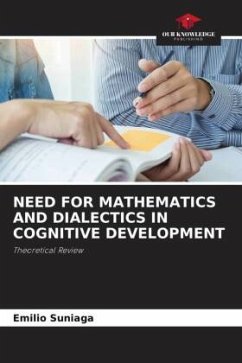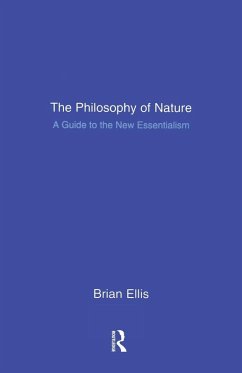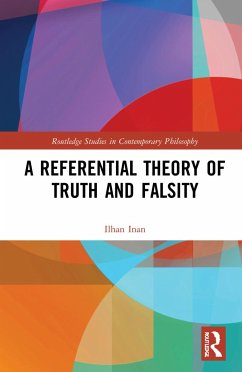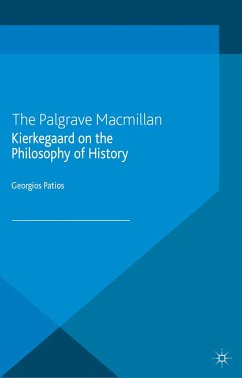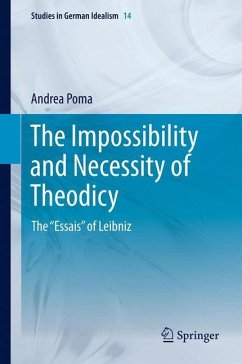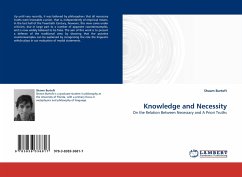
Knowledge and Necessity
On the Relation Between Necessary and A Priori Truths
Versandkostenfrei!
Versandfertig in 6-10 Tagen
32,99 €
inkl. MwSt.

PAYBACK Punkte
16 °P sammeln!
Up until very recently, it was believed by philosophers that all necessary truths were knowable a priori, that is, independently of empirical means. In the last half of the Twentieth Century, however, this view came under criticism, due in large part to a number of apparent counterexamples, and is now widely believed to be false. The aim of this work is to present a defense of the traditional view by showing that the putative counterexamples can be explained by recognizing the role the linguistic vehicle plays in our evaluation of modal statements.




